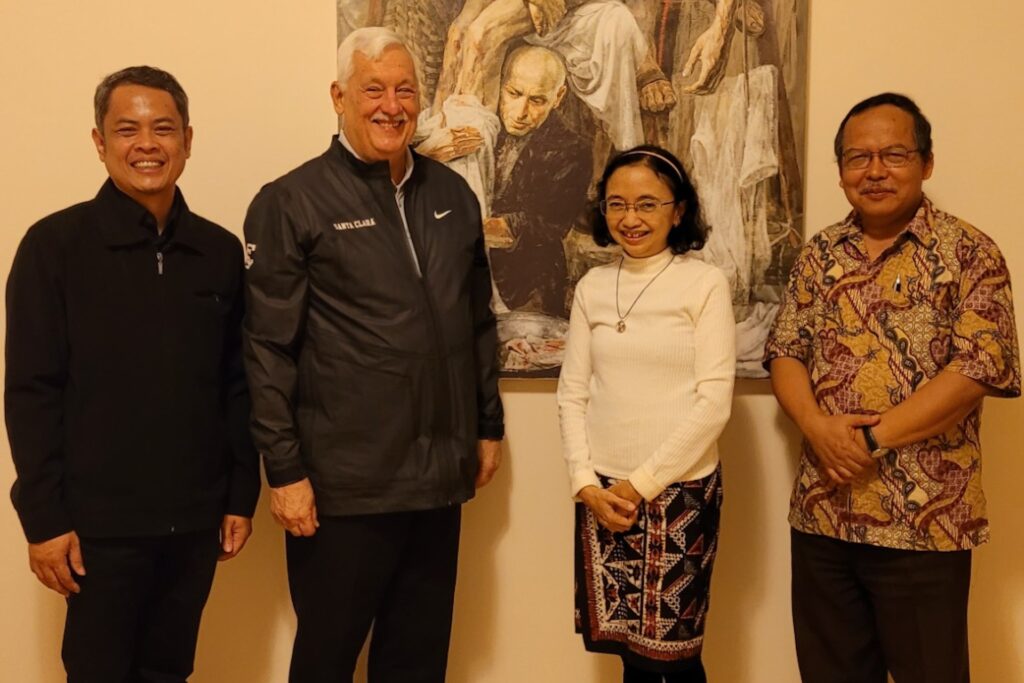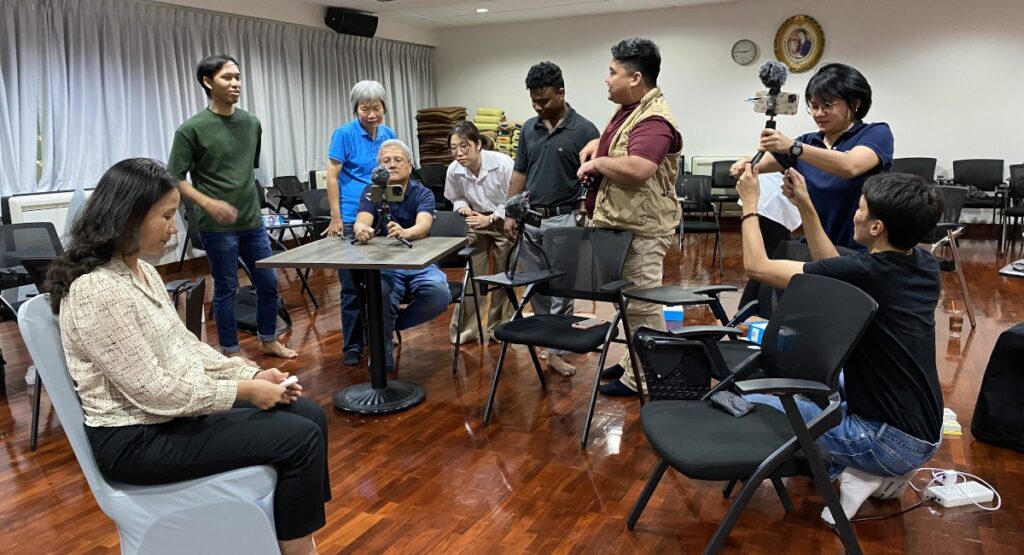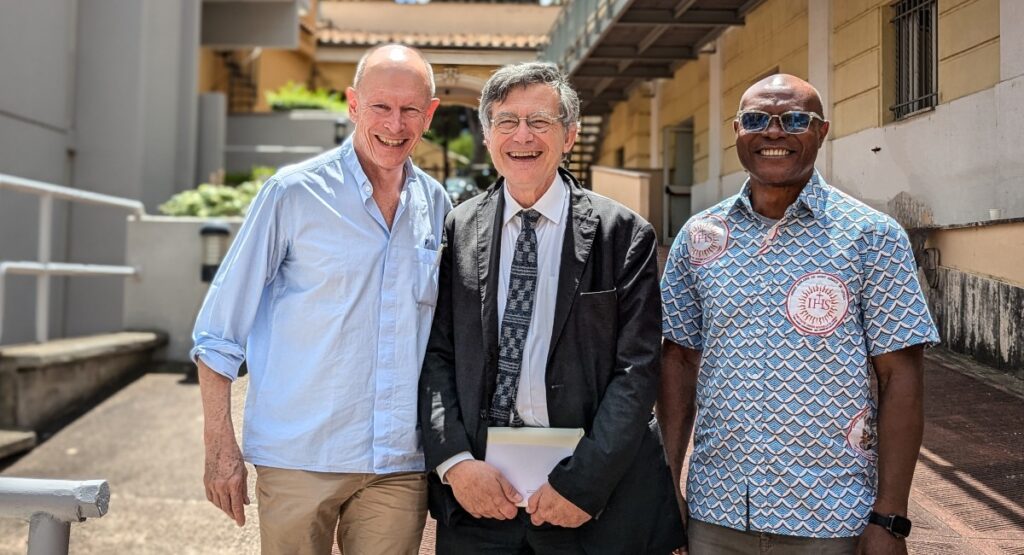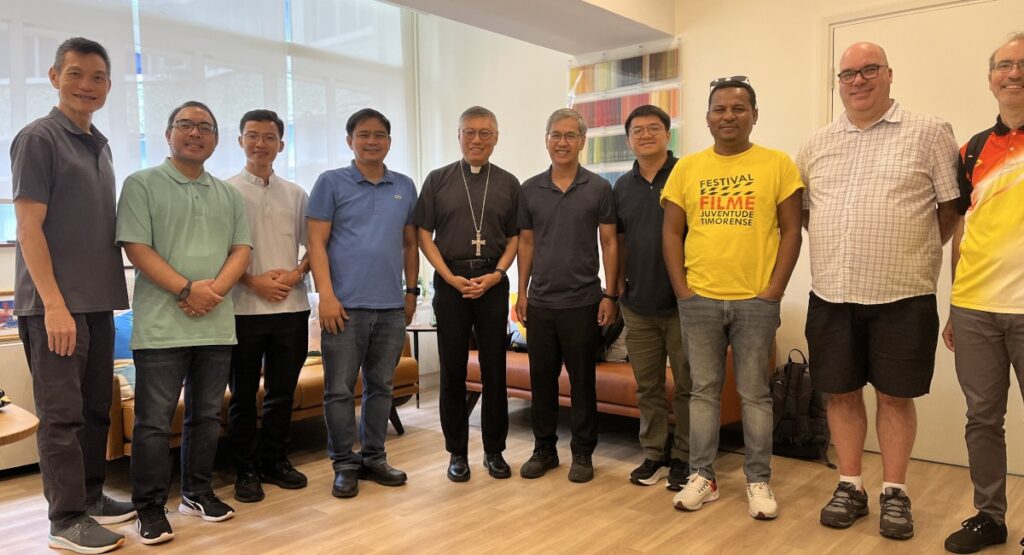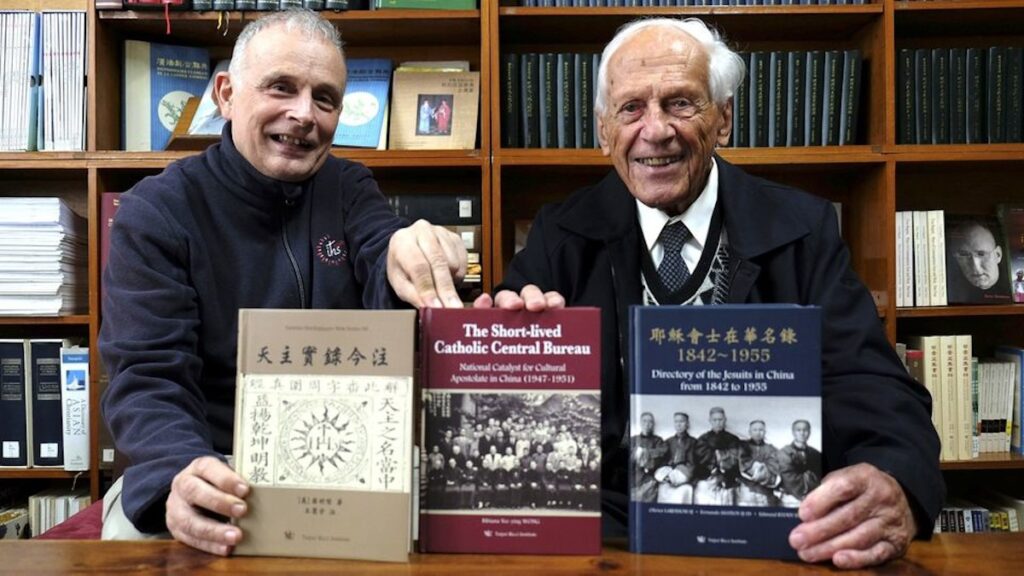
According to the film’s Art Director, Philippine Jesuit Fr Rene Javellana, the film was conceived as a response to the lack of contemporary material on St Ignatius Loyola. The last feature on the saint was a black and white Spanish language film in the 1940s.
Intended primarily for youth struggling to make crucial life decisions, the film shows how the ambitious Iñigo Lopez de Loyola struggles to make sense of his life after the injury sustained at the Battle of Pamplona shatters his dream of a distinguished military career. Iñigo eventually realises that there is a larger spiritual struggle worthy of his dreams and efforts, and emerges from his convalescence determined to know what God wanted of him. He makes a long pilgrimage from his home town in the Basque region of Guipozcoa to Montserrat, near Barcelona, and after a month-long seclusion in the caves in nearby Manresa, Iñigo is transformed into a knight of God. The old Iñigo dies and Ignatius is born.
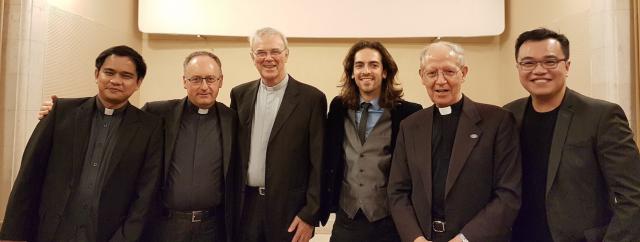
Post-production was done entirely in the Philippines using the latest in computer-generated imagery (CGI), sound mixing and visual balancing technologies. Renowned Filipino musician Ryan Cayabyab composed and directed the musical score, which was performed by the ABS-CBN Philharmonic Orchestra. Ignacio de Loyola is Dy’s full-length directorial debut, and is also the first Filipino film to be screened at the Vatican.
Among those who were the first to see the film were Fr Adolfo Nicolás SJ, Superior General of the Society of Jesus, and some of his General Council; the Superior General of the Saint Paul de Chartres and her council; Sisters of Sacro Costato; Dr Claudia di Giovanni of the Vatican Secretariat for Social Communication; and Abp Luis Francisco Ladaria Ferrer, Secretary of the Congregation of the Doctrine of the Faith.
Also in the audience was Fr Antonio Spadaro SJ, editor in chief of La Civiltà Cattolica. When asked if the film will appeal to the youth, his response was: “Certainly. Because young people are very interested in action and this movie represents the spiritual life in action.”


